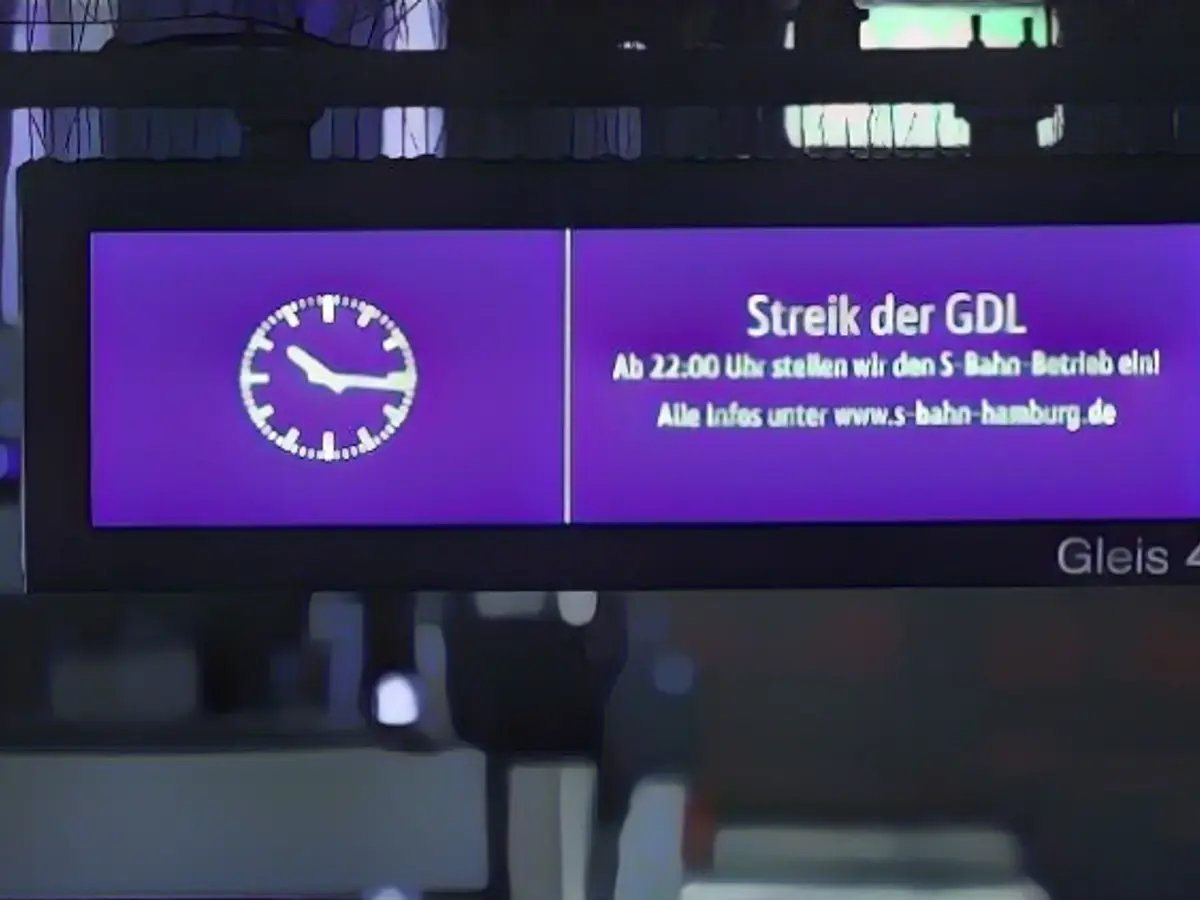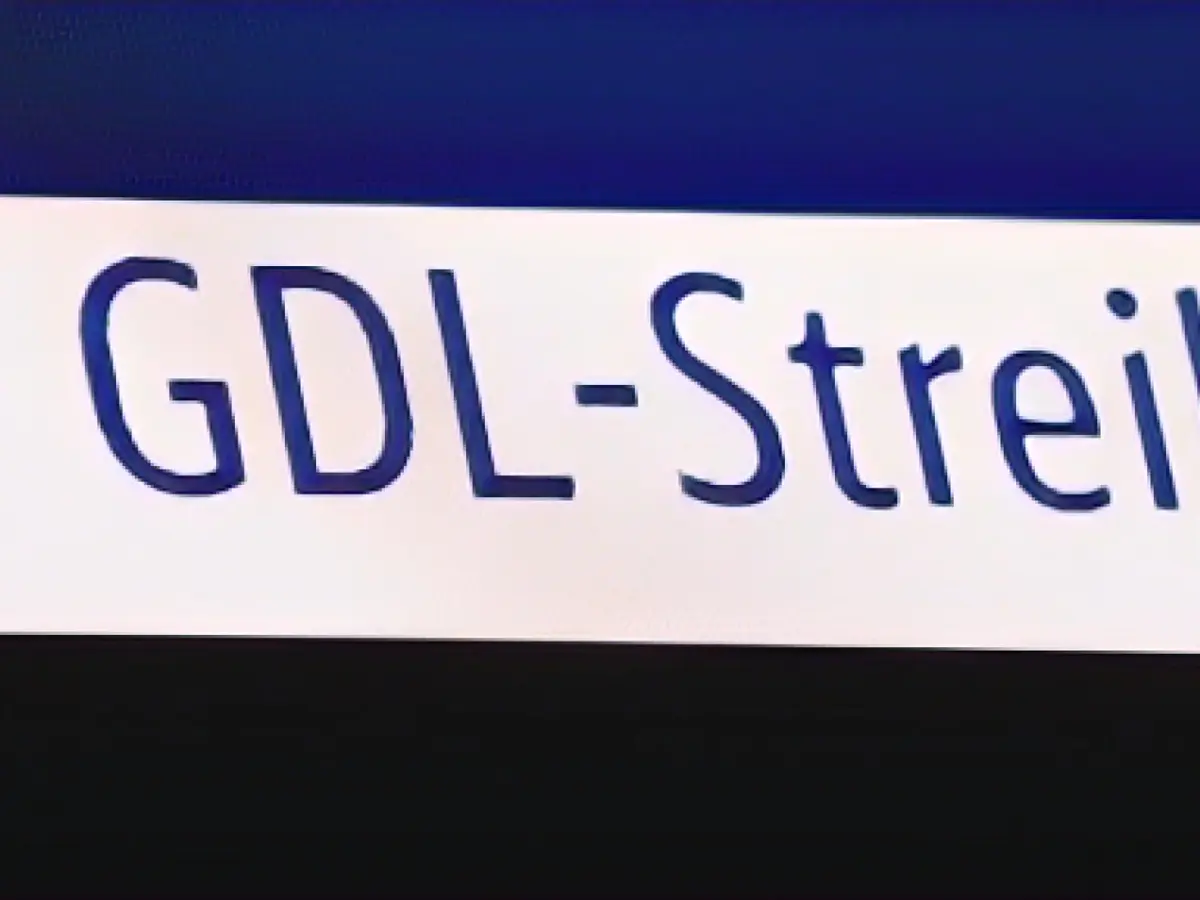Working Less, Earning More: The Great Debate
In the world of work, some people are rethinking their hours on the job. With the introduction of Citizen's Income, more individuals, especially those in low-wage roles, are wondering if they're better off with state support rather than laboring away. But is that a smart choice, or just a shortcut to a more comfortable life?
Hendrik Armbrust, a master roofer and head of a trade business with 35 employees, voiced his concerns in a recent discussion on "Hart aber fair". Armbrust contends that his team members earn significantly more than the minimum wage and that paying it would make it impossible to hire workers. This issue has been a heated topic as of late, with an increasing number of people questioning the worth of working when they can rely on Citizen's Income.
The Minimum Subsistence Guarantee
Hubertus Heil, Federal Labour Minister from the SPD, believes that Citizen's Income ensures a minimum subsistence level, as required by the Federal Constitutional Court. Heil emphasizes that the government has worked diligently to make work financially attractive by increasing the minimum wage, reducing contributions and taxes for low earners, and boosting housing and child benefits for hard workers. In other words, it's important to consider the broader context of employment when deciding whether to rely on Citizen's Income or full-time work.
The Numbers Game
Michael Hüther, Director of the Institute of the German Economy, also supports the idea that work generally brings in more money than state aid. But Hüther highlights that the difference between earnings and Citizen's Income might not be sufficient for some low-income workers. He points out that individuals who worked ten hours a week and wanted to work full-time would notice only a minuscule increase in disposable income of around two euros for every additional hour.
A Warning from Heil
Despite these factors, Heil advises against quitting your job to receive Citizen's Income. According to him, anyone who makes that choice won't receive benefits immediately, and they'll face a freeze on their unemployment benefits instead. Those who have worked for more than twelve months and paid into the unemployment insurance scheme should expect to receive no money for three months following the submission of their resignation. After that, they will receive Unemployment Benefit 1, but if their income falls below the minimum subsistence level, it can be subsidized. Citizen's Income is only available after a year, and those who do not cooperate can still face benefit reductions, Heil warned.
The Four-Day Week: Solution or Devastating Signal?
The debate about working hours has been ongoing for quite some time, especially amid concerns about employee well-being. In recent years, the number of mental health issues has risen in spite of a significant decrease in work-related accidents. On the flip side, IG Metall is pushing for a four-day week in the steel industry as part of their collective bargaining. The union's head, Christiane Benner, believes that shorter hours could help make the industry more attractive, thereby securing skilled workers for the transition to climate neutrality.
However, some experts have voiced concerns about the feasibility and practicality of this approach. Michael Hüther, Director at IW, opined that a four-day week might not be suitable for all industries and businesses in Germany. In its stead, Hüther emphasized discussions about new working time models to enhance flexibility and employee satisfaction.
Flexibility for the Future
While Hubertus Heil stresses that there should be opportunities for both full-time work and time for personal priorities and family, he believes that this flexibility must be negotiated between the company and the employees. The state, he says, should provide a suitable legal framework within which these negotiations can take place.
Enrichment Data
While the base article focuses on the specific proposal of a four-day week for the steel industry, it does not delve into the broader implications of reducing working hours for companies and individuals during the transition to climate neutrality. However, evidence suggests that diverse industries would face unique challenges and opportunities during this transformation though the literature on climate policy and labor market adjustments may provide some insights:
- Climate Neutrality Goals: Germany's goal to achieve climate neutrality by 2045 requires significant changes in various industries, from energy to transportation to manufacturing.
- Labor Market Adjustments: The government has started exploring measures to mitigate the impact on workers, such as new working time models that balance employment and life priorities.
- Industry-Specific Impacts: Different industries would likely face different challenges and opportunities during this transformation. For example, in the energy sector, job losses might occur in traditional fossil fuel industries, but there'd be new opportunities in renewable energy technologies.
- Labor Minister's Perspective: While specific statements from Minister Heil regarding the impact of reducing working hours are not provided, it is reasonable to assume that he would advocate for measures to ensure that workers are not disproportionately affected by the transition and that they have the necessary skills and support to adapt to new industries and technologies.
In sum, the discussions surrounding reducing working hours and receiving full pay compensation are crucial to understanding the implications during the transformation to climate neutrality. While the provided sources do not offer specific details, the broader context suggests that this issue fits into the broader picture of labor market adjustments and the country's efforts to achieve climate neutrality.








